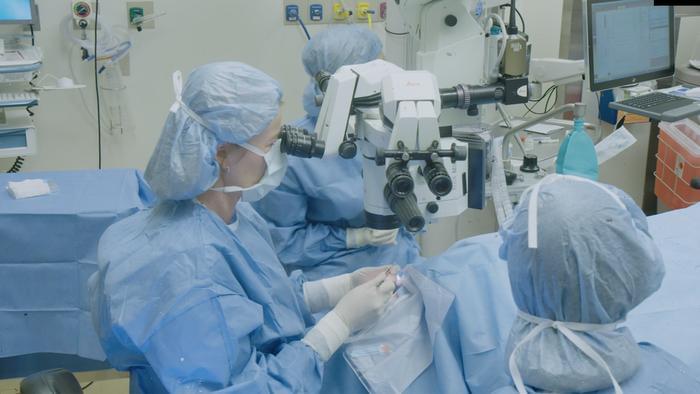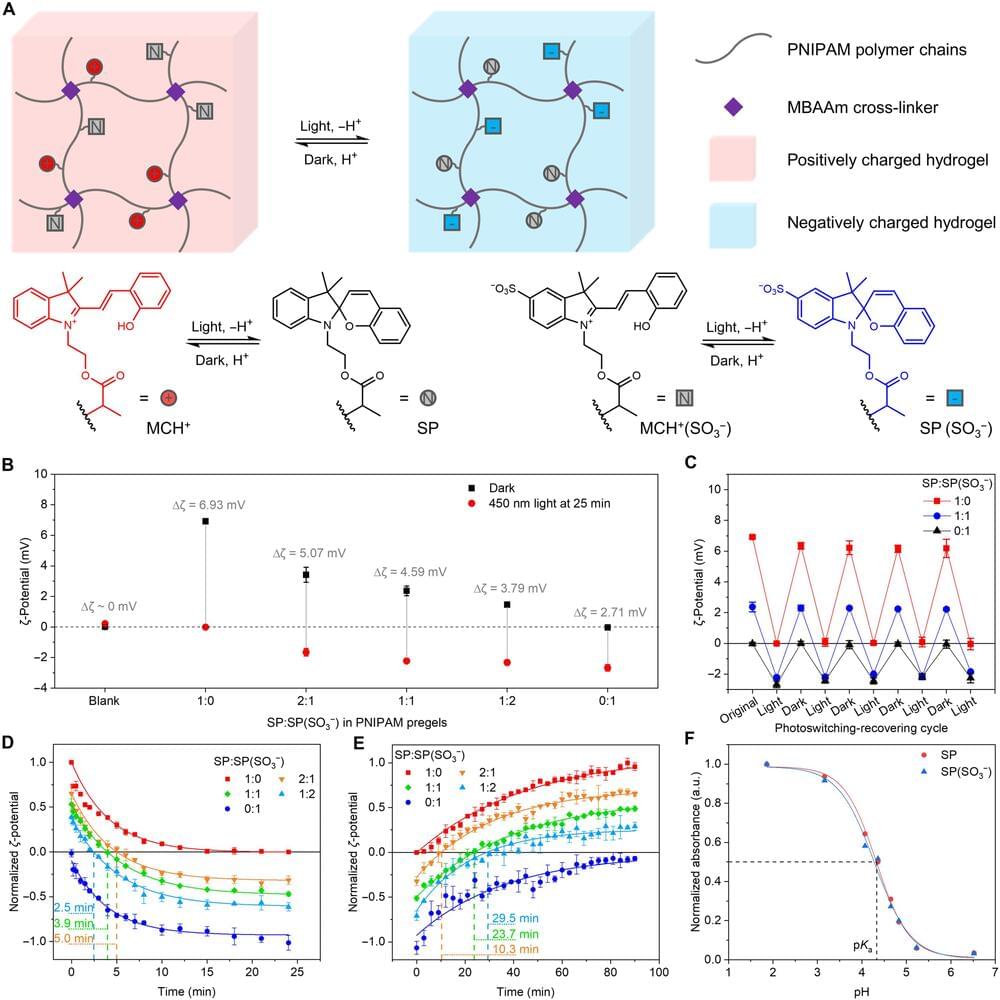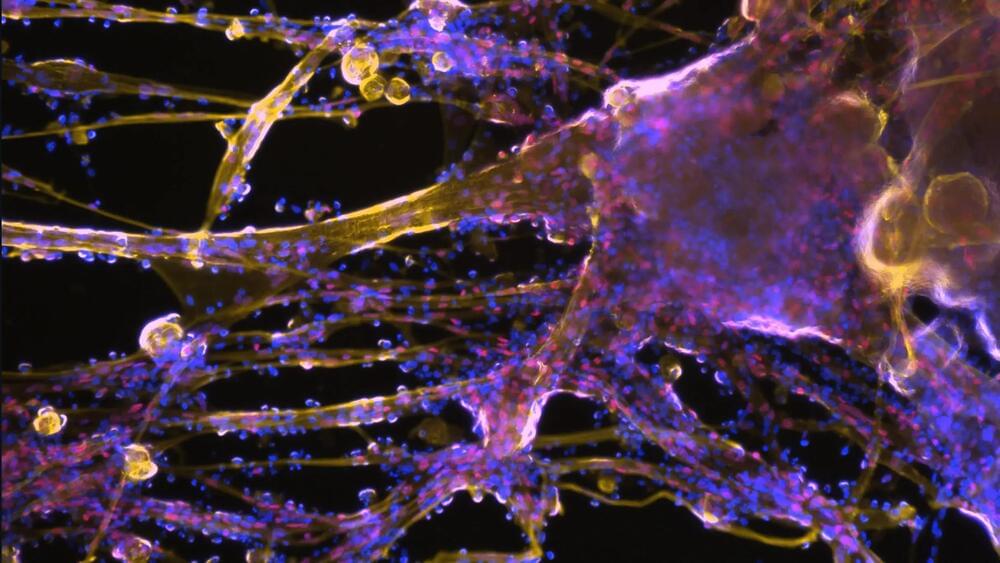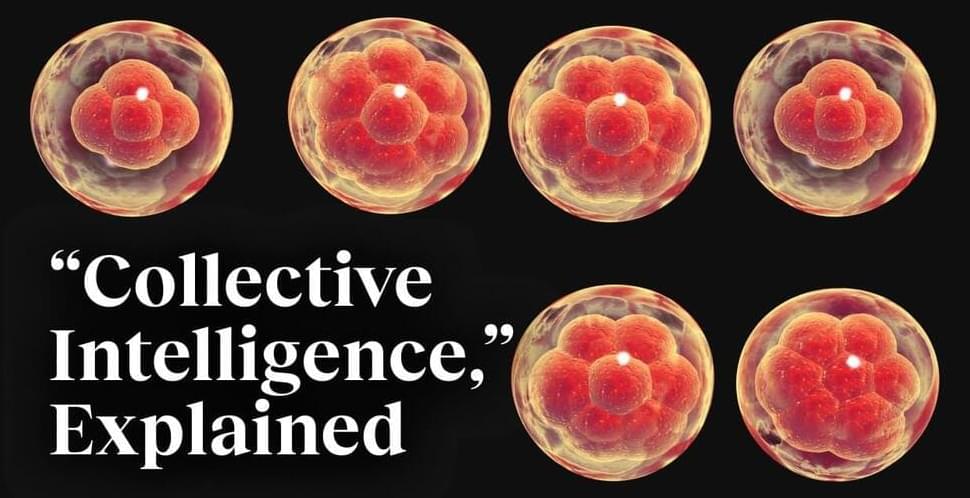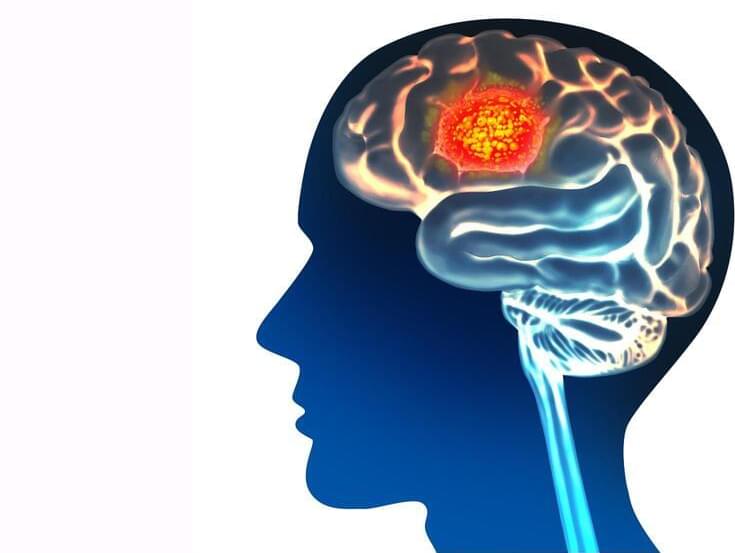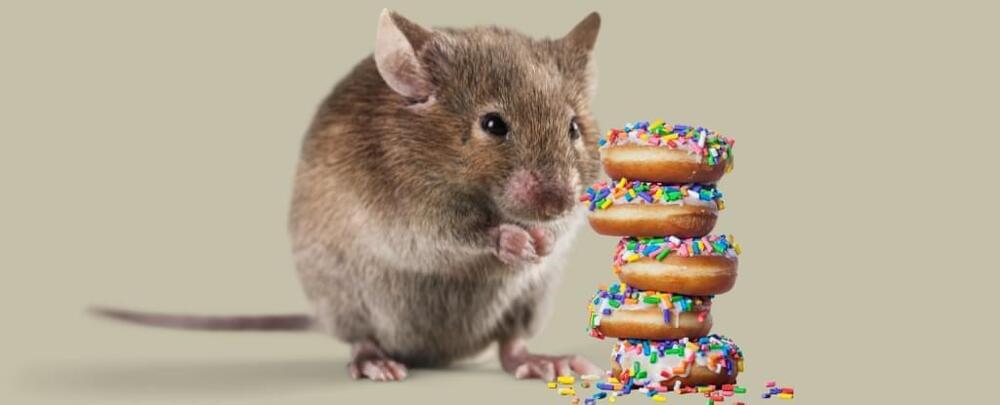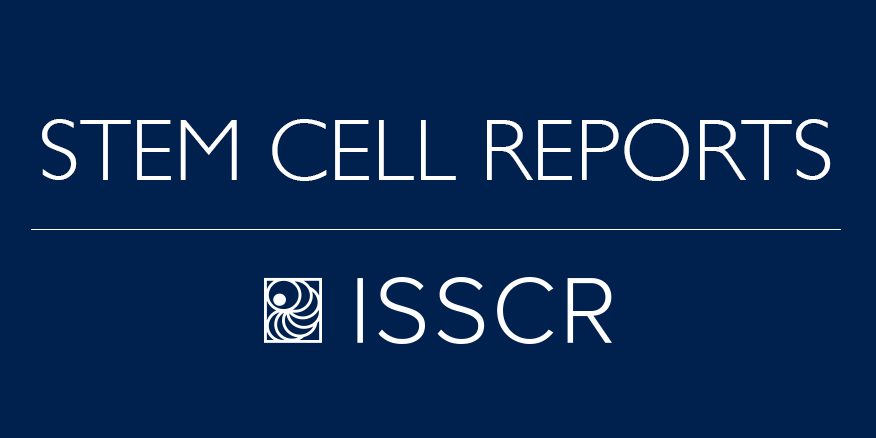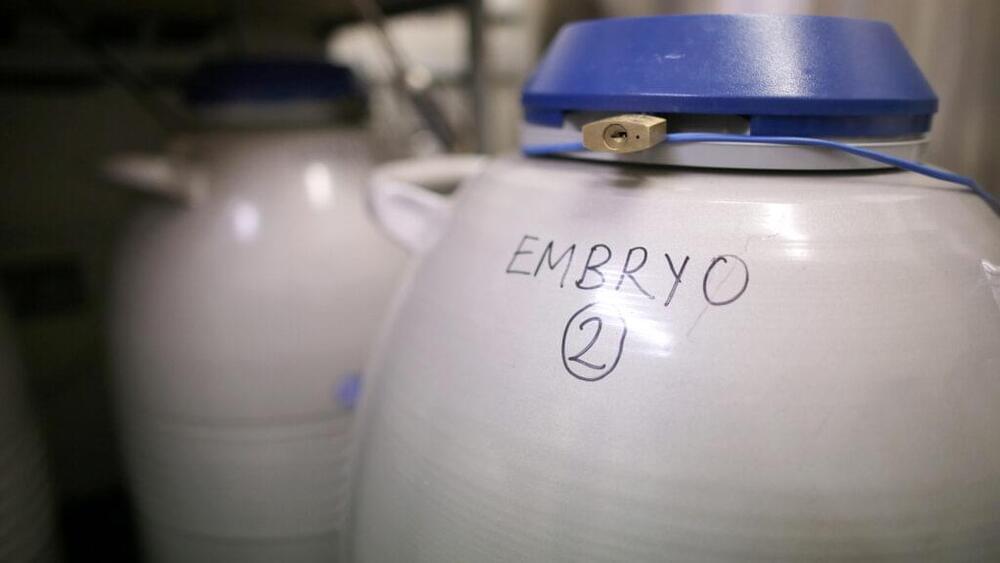Aug 22, 2023
CALEC Cell Therapy Repairs Corneal Damage in Phase I Study
Posted by Shubham Ghosh Roy in categories: biotech/medical, chemistry
Researchers headed by a team at Mass Eye and Ear, Harvard Medical School, reported positive data from a Phase I clinical study evaluating a stem cell treatment known as cultivated autologous limbal epithelial cell transplantation (CALEC), in patients with significant chemical burns in one eye. Results from the study, reported in Science Advances, showed treatment to be safe and well tolerated in four patients who were followed for 12 months. The CALEC recipients experienced restored cornea surfaces, with two trial participants able to undergo subsequent corneal transplant, and two reporting significant improvements in vision without additional treatment.
The Phase I study was designed to determine preliminary safety and feasibility before advancing to a second phase of the trial, and the researchers consider the newly reported early findings to be promising. On the basis of these initial results the team started recruiting for a second phase of the trial that will investigate longer-term safety and efficacy in greater numbers of patients.
“Our early results suggest that CALEC might offer hope to patients who had been left with untreatable vision loss and pain associated with major cornea injuries,” said principal investigator Ula Jurkunas, MD, associate director of the Cornea Service at Mass Eye and Ear and an associate professor of ophthalmology at Harvard Medical School. “Cornea specialists have been hindered by a lack of treatment options with a high safety profile to help our patients with chemical burns and injuries that render them unable to get an artificial cornea transplant. We are hopeful with further study, CALEC can one day fill this crucially needed treatment gap.”
